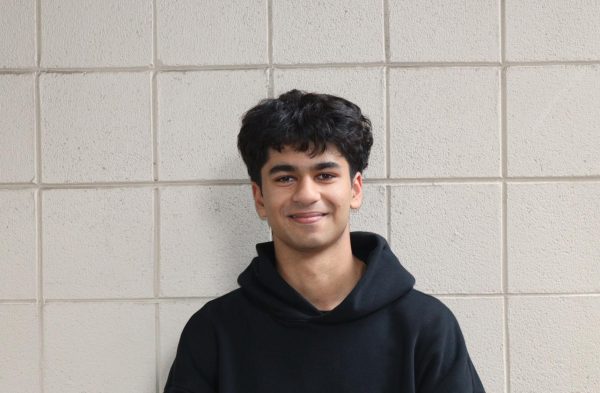Every year, sophomore Benjamin Bolger begins his Fantasy Premier League, picking players and competing for points for the eighth year in the row. His excitement for the league is fueled by punishments and the thirst for competition against his fellow classmates.
In fantasy sports, participants create virtual teams composed of real athletes from the professional leagues, who score points based on their real performance in games. Participants choose athletes based on their expected performance, such as how many touchdowns, goals, or clean sheets a player gets. Their execution on the field varies from game to game, leaving the selection process to be more exciting and unpredictable.
At SHS, the two most commonly played fantasy sports are Fantasy Football and Fantasy Premier League, or soccer. The leagues, while an exciting way to bond with friends, also help inform participants of the professional players, as well as form a stronger connection to the teams they support. While fantasy soccer has notable participation at school, on Sept. 5, fantasy football — the most popular fantasy sport in the U.S. — began.
Sophomore Noah Nguyen, an avid football fan, recently continued his fantasy football tradition for the fourth year with ten friends, enjoying the complementary game fun as an addition to his passion. Similar to other leagues, Nguyen’s league, including sophomores like Savio Suresh, Eli Safine and Veeren Ubale, places a punishment on the player who ends the season in last place, which he finds fosters community — game upsets, surprises and movements in the standings spark conversations.
In addition, people who play fantasy sports tend to feel more excitement when watching games; they form attachments to certain players and teams with the desire that they will perform well, as it benefits their fantasy team. For Nguyen, this attachment adds an extra layer to his game as well.
“If you have a player on your team, you want them to do well, so you’ll have a natural bias, making [watching the sport] more fun,” Nguyen said. “It’s not the same as just supporting the team you’ve always been a fan of.”
Fantasy sports have become a foundation of the modern sports fan experience, allowing localized competition and love for the game to meet. By creating a way for fans to engage more deeply with players and teams, fantasy leagues create lasting communities that extend beyond the playing field.
Since the kickoff of the 2024-25 fantasy premier league on Aug. 16, over 11 million players have already formed multiple leagues, one being the “Lando league” at SHS, consisting of 10 players, including sophomore Ethan Tian. Another experienced player competing in the league is Bolger, who currently stands in fourth place after the eighth gameweek. After playing for several years, Bolger has learned how to adapt easily as the season goes on and has always felt it makes the sport more interesting to watch. For instance, Bolger has chosen underground players who have thrived in place of others who are injured, leading him to get more unexpected points each week.
“I used to do it with my family, but I’ve started doing it with my friends recently. It’s just a fun way to enjoy watching soccer,” Bolger said.
Fantasy Premier League has several incentives, with members in Bolger and Tian’s league competing against one another to avoid placing bottom of their league; currently, the sophomores have not finalized punishment for last place, but it will most likely entail a Ronaldo Nazario haircut. With players all over the world participating in Fantasy Premier League, there are several different individual prizes, but within local leagues, members usually set lower-stakes punishments and rewards.
“I like playing fantasy soccer because of my attachments to players. I think it makes the game more fun and I’ve learned many new things about playing with my friends and understanding more about stats,” Tian said.





























